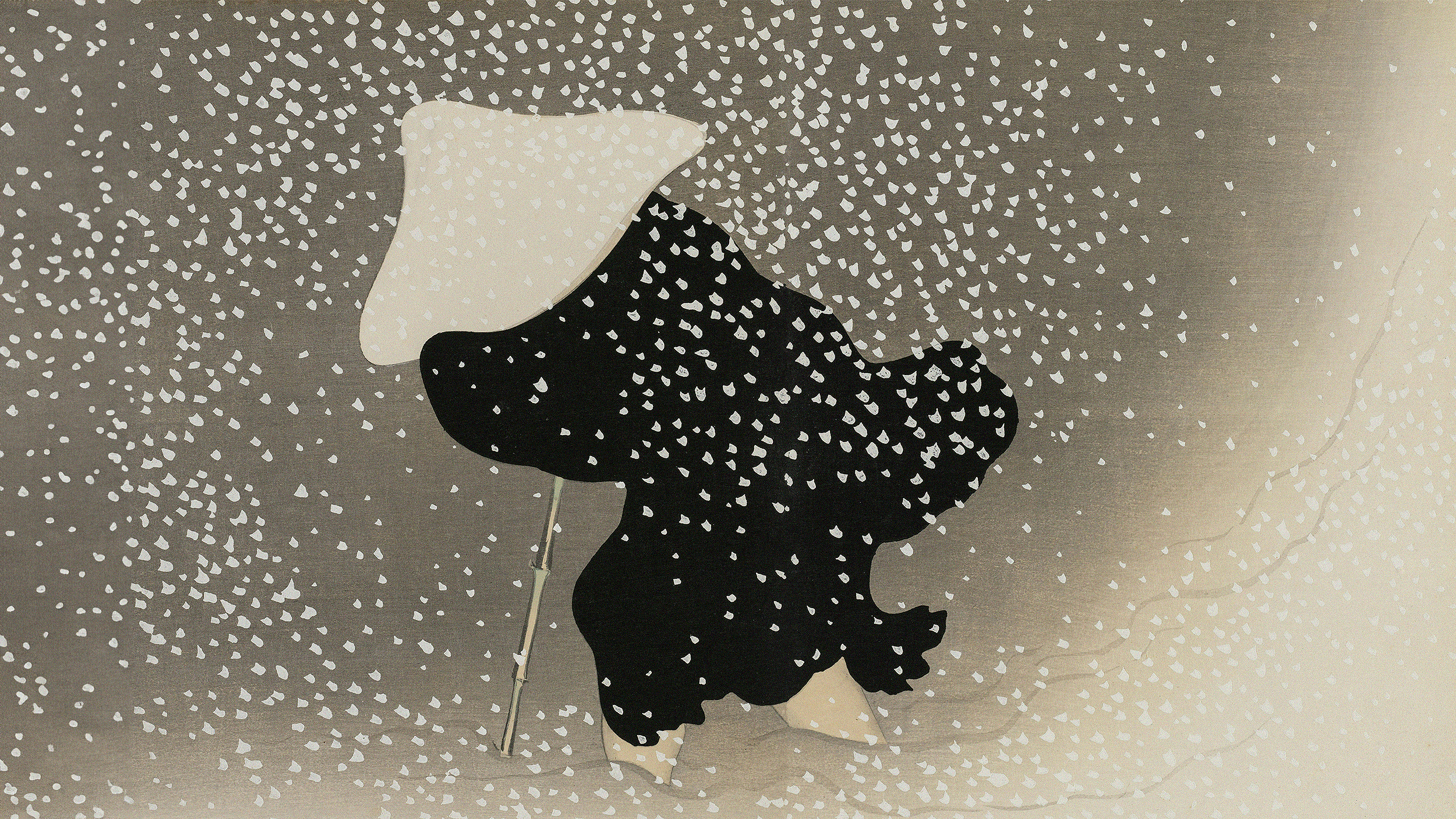So Is America a Christian Nation?

The U.S. is historically a Christian country. It’s not just that 3 out of 4 Americans identify themselves as Christian. It’s that the colonists who fought in the American revolution and who founded the United States were very largely—and often very devoutly—Christian. Their religion played a crucial role in shaping the U.S. system of government. But that is not at all the same as saying the U.S. is a Christian nation. In fact, it is in many ways an explicitly secular nation.
As my new Big Think colleague Adam Lee—welcome, Adam—recently wrote, the U.S. Constitution is formally godless in the sense that unlike most of the landmark legal texts before it, it doesn’t invoke God to justify the political order that it created. Indeed, as Lee points out, the Constitution’s authors actually resisted efforts to make it an explicitly Christian document. Nor does it give Christianity or any other religion a privileged position in society. On the contrary, it mandates both that Americans can’t be excluded from public office on the basis of their religion and that “Congress shall make no law respecting an establishment of religion, or prohibiting the free exercise thereof.”
Another fellow Big Thinker, Peter Lawler, argues that it is wrong to construe the Constitution’s silence on points of religious doctrine with atheism. As Lawler says, the modern doctrine that there should be some separation between church and state grows in part out of a Christian intellectual tradition. Lawler invokes the great political theorist John Locke, whose 1689 “Letter Concerning Toleration” laid the intellectual groundwork for Thomas Jefferson’s famous idea that there should be “a wall of separation between Church & State.”
While neither Locke nor Jefferson might have been Christian in the sense that many most devout Christians would recognize—to the extent that some Christians would actually like to downplay Jefferson’s role in U.S. history—as a matter of intellectual history Lawler is right to say that the idea of separation of church and state owes something to Christian theology. It’s too simple to suggest, as Lee does at times, that the Bible teaches submission to secular authority, although Lee is certainly right to point out that Christian doctrine has been used to throughout European history to justify obedience to the state. In the gospels, of course, Jesus famously makes the distinction between “things that are Caesar’s” and “things that are God’s.” And Christianity didn’t start as an official state religion, but survived for centuries as an underground church in spite of persecution by Roman authorities.
Of course, the idea that there should be some separation between church and state is not a uniquely Christian idea, but has roots in Hellenic philosophy as well. It ultimately grew out of the split between temporal and pastoral power in Medieval Europe. Although European kings justified their rule as being by divine right, unlike many other traditional rulers they were for the most part not heads of the church as well as heads of state. Out of the European competition between popes and kings the idea that politics and religion belonged to separate spheres emerged. While many colonial Americans were devout Christians, they differed widely with one another on points of Christian doctrine. And many, like the Puritans, were also refugees of political persecution, who were all too aware of the dangers of leaving religion in the hands of government.
More than anything else, I would argue, America is a modern nation. The U.S. Constitution is deliberately and expressly secular. Lawler, I think, is right to suggest that the official secularism of the U.S. grows largely out of historical conflicts among Christians over the proper place of religion in society. But that is not the same as saying that the U.S. is a Christian nation in the sense that some in the Christian right fantasize that it is. In the end American democracy is not so much either Christian or not Christian as it is modern. That is, it doesn’t just run counter to traditional Christian conceptions of government as it does to traditional conceptions of government in general. It is a product of the Enlightenment secularization of the practice of both politics and science. In that sense, while the U.S. is still a predominantly Christian country, there is by design nothing specifically Christian about its system of government.
Photo: Scott Catron





